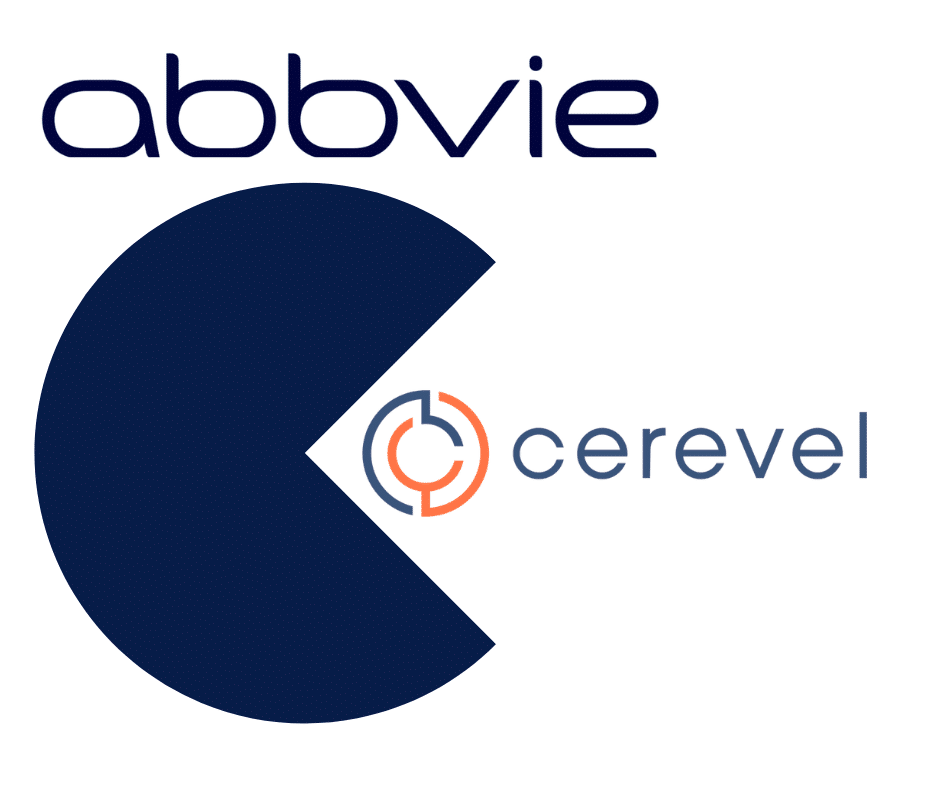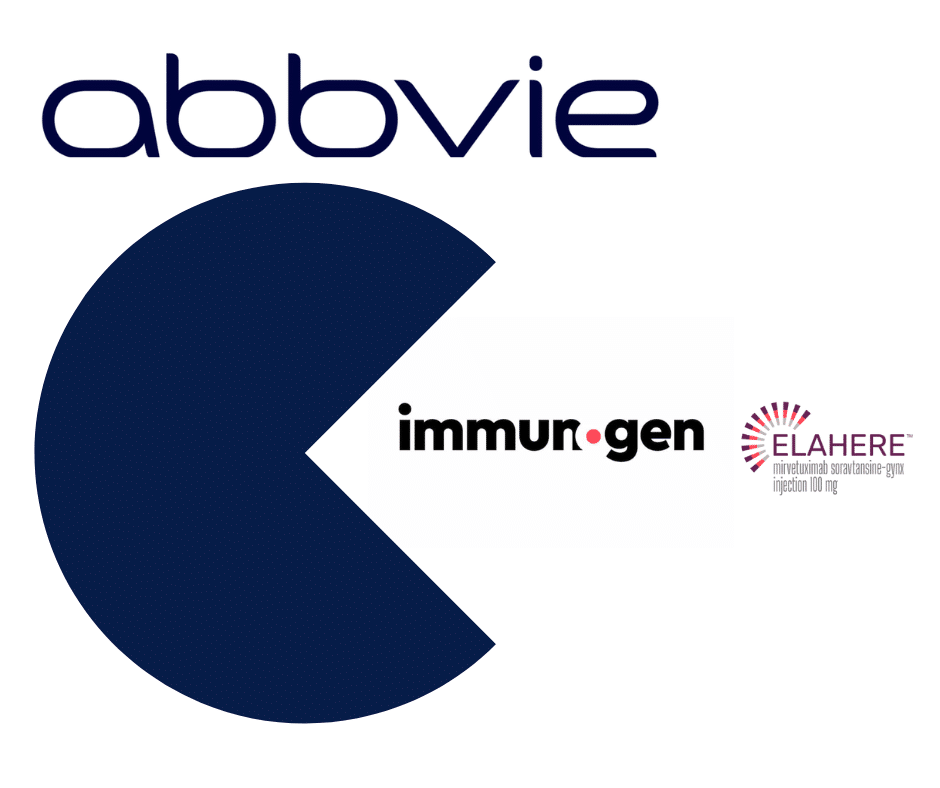GlaxoSmithKline made headlines this week with the announcement that it expects offshoot its joint consumer healthcare venture Haleon. Haleon represents a joint venture between GSK and Pfizer that owns brands such as Sensodyne, Panadol and Centrum. On Monday, GSK CEO Emma Watson announced the details of the split, citing that the spin off “promises to be the most significant corporate change for GSK in the last 20 years.”
According to GSK’s plan, GSK will receive a dividend of £7bn and retain a 20% ownership stake in the venture. Pfizer will retain a 32% ownership stake and receive a dividend of more than £3 billion.
Using the proceeds and dividend payments, GlaxoSmithKline will focus on pharmaceuticals and vaccines.
Snowfish has previously written about mergers and acquisitions in pharmaceuticals. Our analysis concluded that pharmaceutical M&A does not generate an increase in shareholder value. However, instances of spin-offs present an interesting case.
An analysis of EvaluatePharma’s database found that out of 39 companies that have been spun-off from the 12 parent companies, nine companies are private, 13 are publicly traded on equity markets, 7 are bankrupt, and 10 have been acquired.
As a follower of the pharmaceutical industry, I was curious why companies divest themselves from certain business units.
Why Companies Spin off
Science.org cites pharmaceutical spin-offs as being largely undertaken for the benefit of Wall Street. By spinning off a business unit, the parent company shrinks its size while keeping the high revenue earning products. This strategy increases earnings per share (total earnings/outstanding shares).
Peruffo et al. asserts that “Parent companies usually undertake corporate spin-offs to cope with higher competitive environments or when … the differences between R&D investments and intangible assets are larger.” In the case of GSK, Morningstar reports that GSK is expected to be a major competitor in respiratory, HIV, and vaccines over the next decade. By trimming its consumer healthcare business, GlaxoSmithKline can focus its budget on those areas.
GSK’s Impact
Glaxo appears to be following a trend in the industry that AstraZeneca recently revived. In 2018, AstraZeneca spun off Viela (the company has since been acquired by Horizon). In 2020, Merk & Co sold off several biosimilar assets and created NewCo. NewCo is its own company and has a separate stock market listing from Merck.
As for Glaxo, Morningstar finds that Glaxo’s decision to divest itself from the consumer business will unlock value.
Snowfish
Snowfish has worked with leading life science companies to analyze the potential for various research spin-outs from leading academic research centers such as the Cleveland Clinic. One project involved evaluating multiple new indications and the potential for commercial success. Snowfish evaluated oncology, cardiovascular, dermatology, gastroenterology and ophthalmology indications for this new product. For another major client, Snowfish analyzed over 6,000 US based hospitals to identify new potential diabetes products under development that warranted further investigation.
Companies are continually spinning out products, purchasing companies, and working with academic centers to build their pipeline. In this continually changing world, Snowfish has assisted clients by providing insights and guidance.
- Market Access: The Latest Hurdle for Treating Alzheimer’s and Dementia - June 14, 2023
- Rare Disease Outreach a Missed Opportunity - November 7, 2022
- So You Read Our Previous Post on Biomarkers? - August 1, 2022




